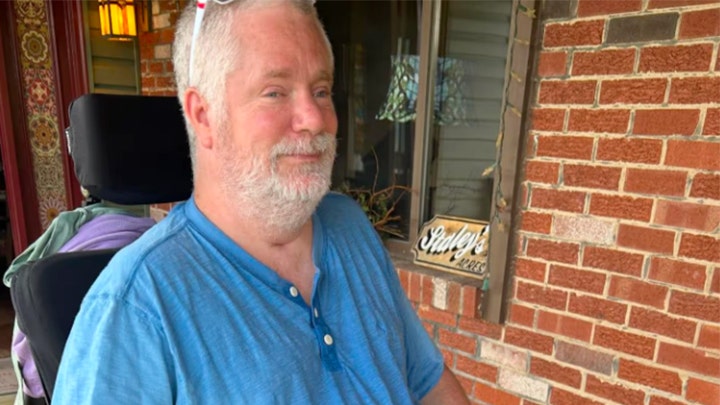The New Year’s Day terror attack in New Orleans resulted in many casualties, with more than a dozen dead and numerous others injured. The suspect, identified as Shamsud-Din Jabbar, drove a vehicle into a crowd of people and began shooting before being killed by authorities. Survivors recalled the horrific scene, with one individual, Jeremi Sensky, describing being hit by the truck and his wheelchair being smashed. Despite suffering multiple injuries, Sensky considers himself lucky to be alive.
Many of the victims of the New Orleans terrorist attack were taken to the University Medical Center New Orleans, where they were treated for a range of injuries. Dr. Jeffrey Elder mentioned that most patients had experienced blunt trauma, while a few had gunshot wounds. Survivors like Paige Bryan shared their traumatic experiences of witnessing the vehicle ramming into innocent people. The attack left a lasting impact on the community, with many still reeling from the senseless violence that occurred on what should have been a festive day.
The suspect’s sibling revealed the descent into radicalization that led to the New Orleans terror attack. The suspect, Shamsud-Din Jabbar, reportedly became involved with extremist ideologies that ultimately drove him to carry out the deadly assault. The attack raised questions about how individuals become radicalized and the steps that can be taken to prevent such tragedies from happening in the future. Authorities continue to investigate the motives behind the attack and work to ensure the safety of communities in the face of potential threats.
President Joe Biden and First Lady Jill Biden plan to visit New Orleans to offer condolences and support to the families and community members affected by the tragic attack. Their visit is intended to show solidarity with those impacted and to provide assistance in the aftermath of the violence. The White House also stated that the Bidens will meet with officials on the ground to discuss ways to prevent similar incidents from occurring and to address the underlying causes of extremism. The response to the attack underscores the need for unity and resilience in the face of adversity.
The New Orleans terror attack highlights the ongoing threat of terrorism and the need to remain vigilant in the face of such violence. The attack took place on a day meant for celebration, turning a joyous occasion into one of mourning and tragedy. The survivors of the attack, as well as the families of the victims, will continue to grapple with the emotional and physical scars left by this senseless act of violence. Moving forward, communities must come together to support one another and work towards preventing future attacks through education, awareness, and intervention.
In the wake of the New Orleans terror attack, there is a renewed focus on counterterrorism efforts and the importance of addressing the root causes of extremism. By understanding the factors that lead individuals to radicalize and commit acts of violence, authorities can work to prevent future attacks and protect communities from harm. The response to the attack in New Orleans serves as a reminder of the resilience and strength of the community in the face of tragedy, and the need for continued efforts to promote peace, understanding, and unity in the fight against terrorism.


